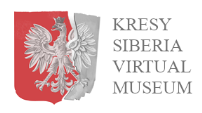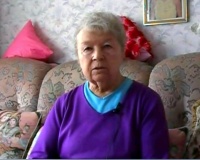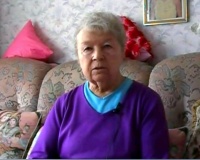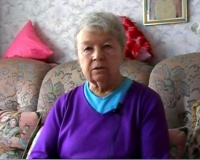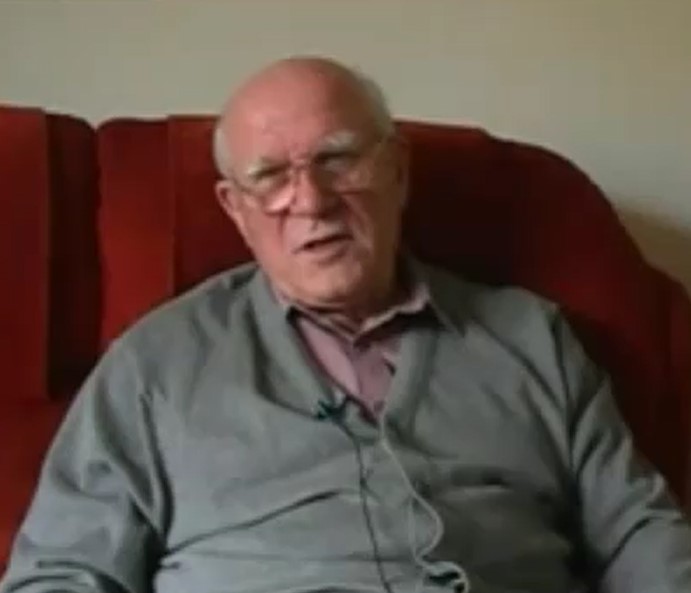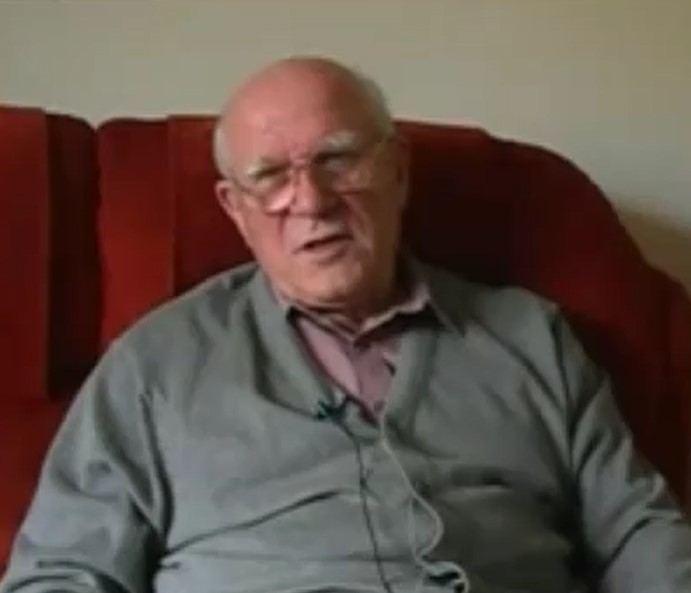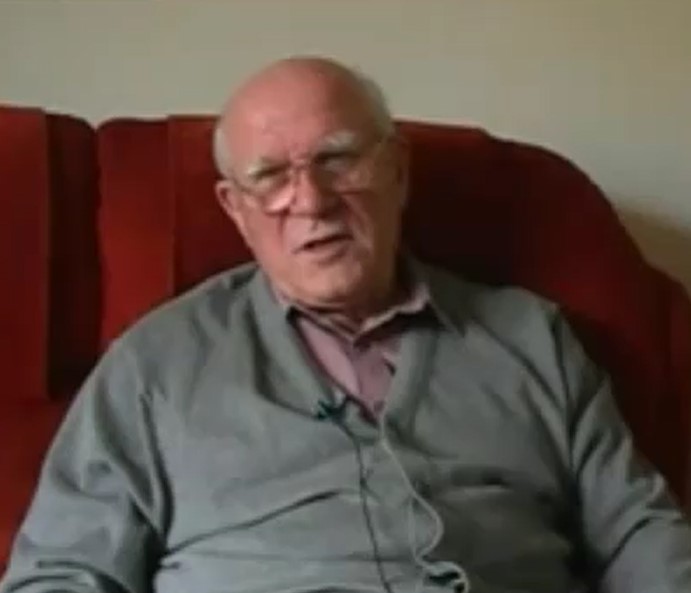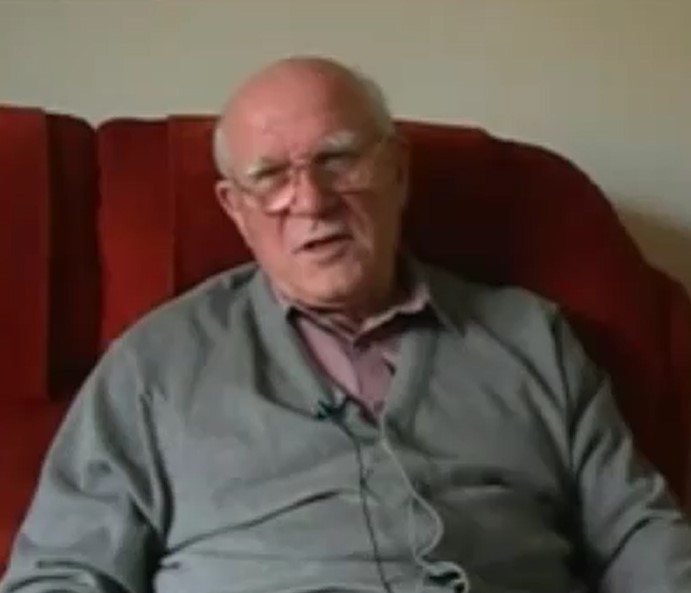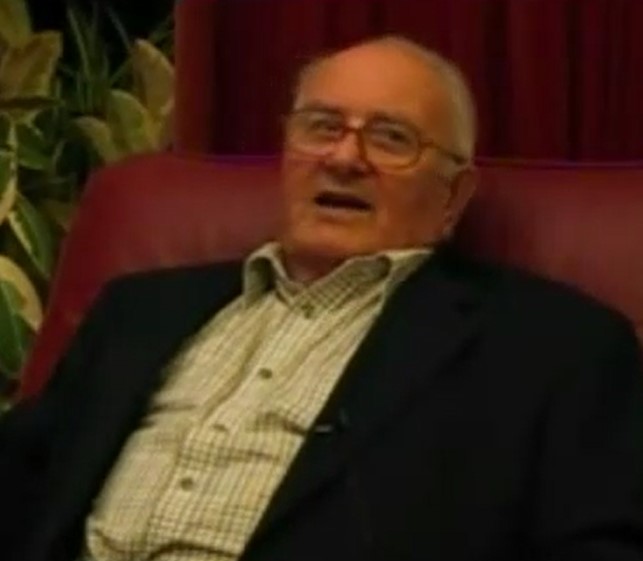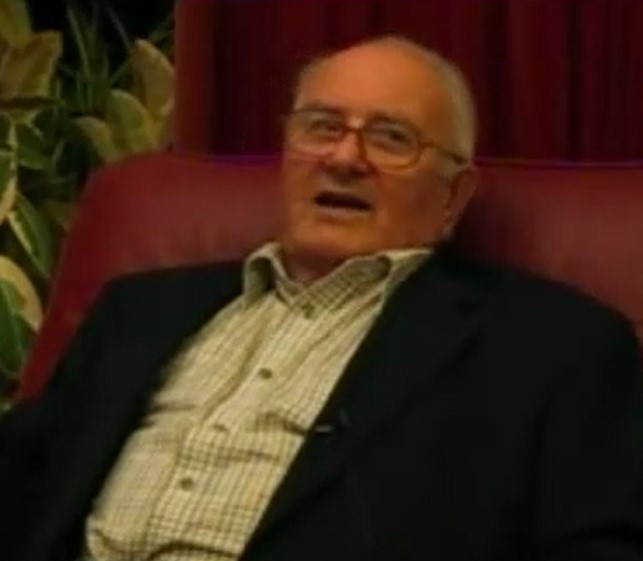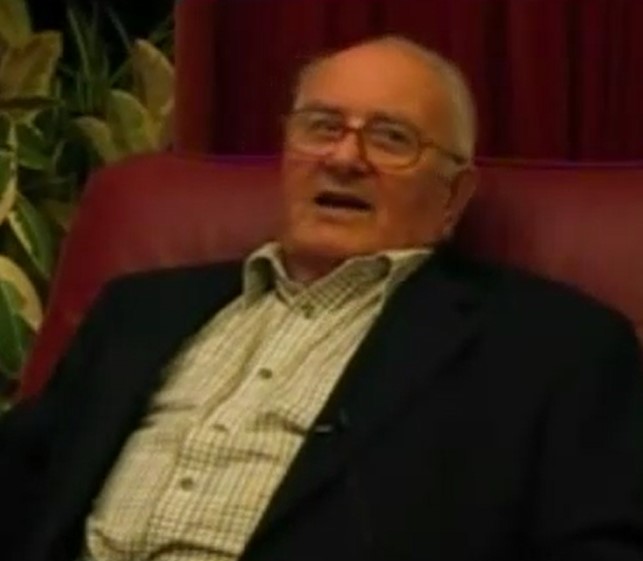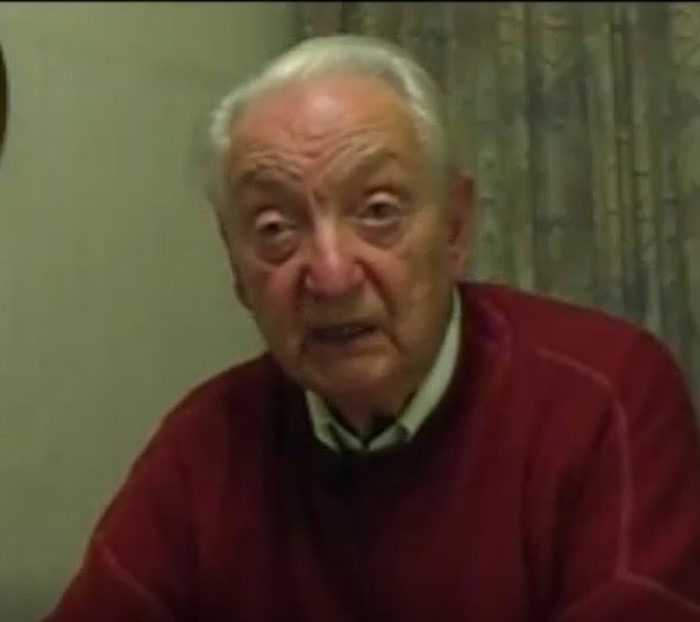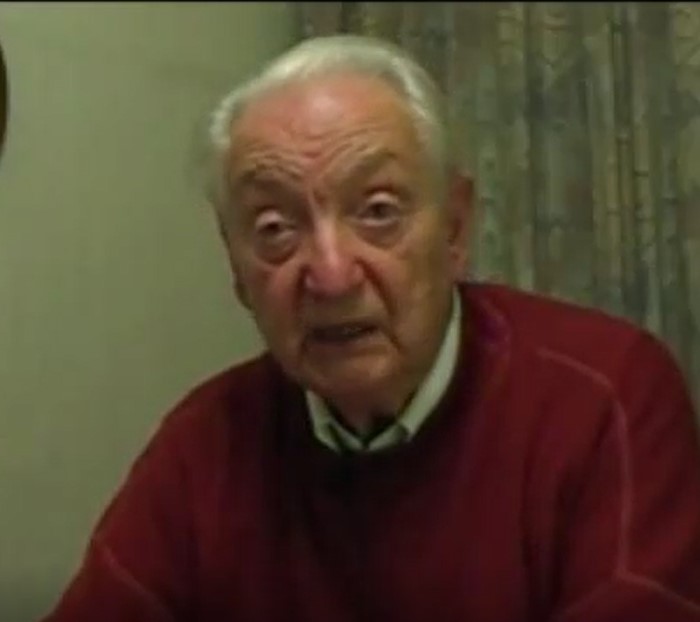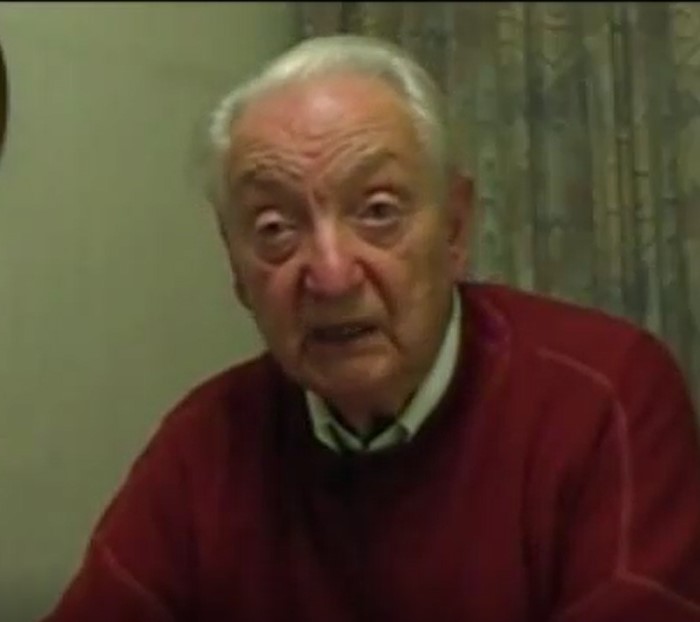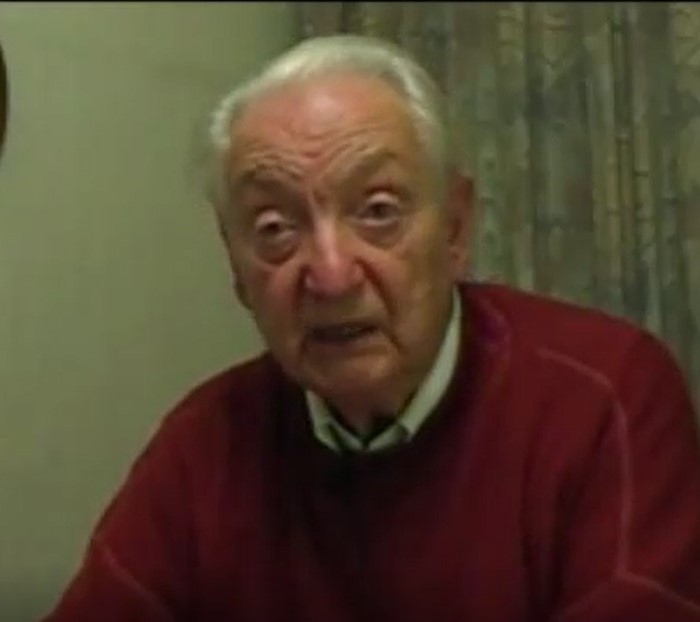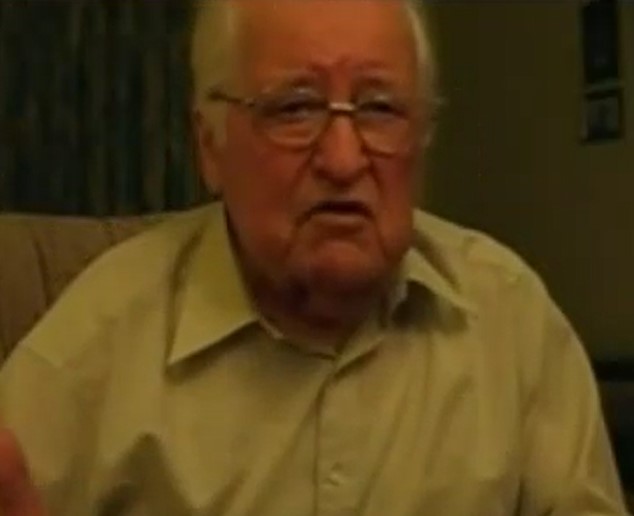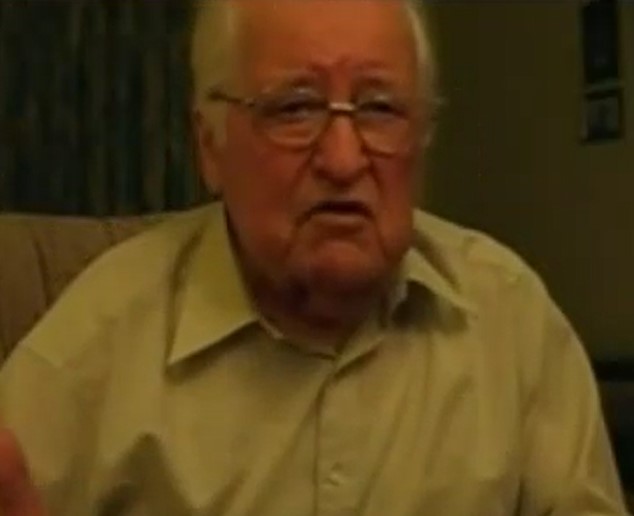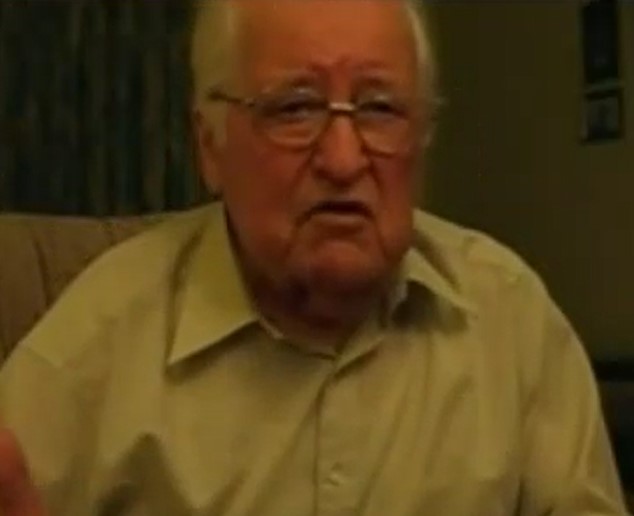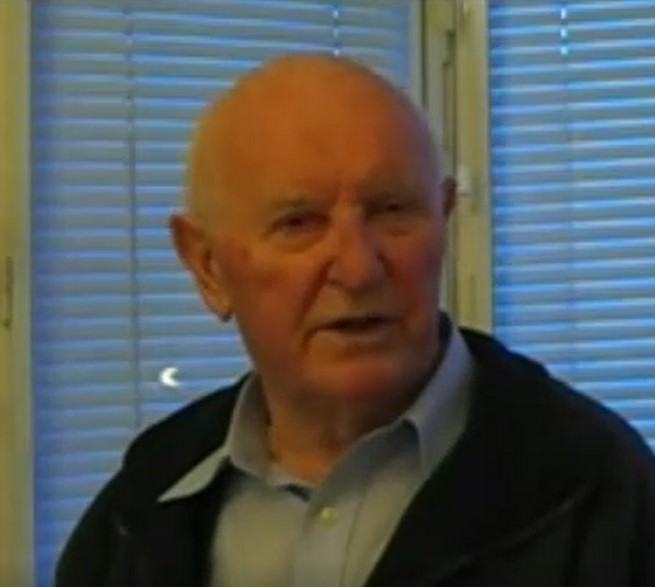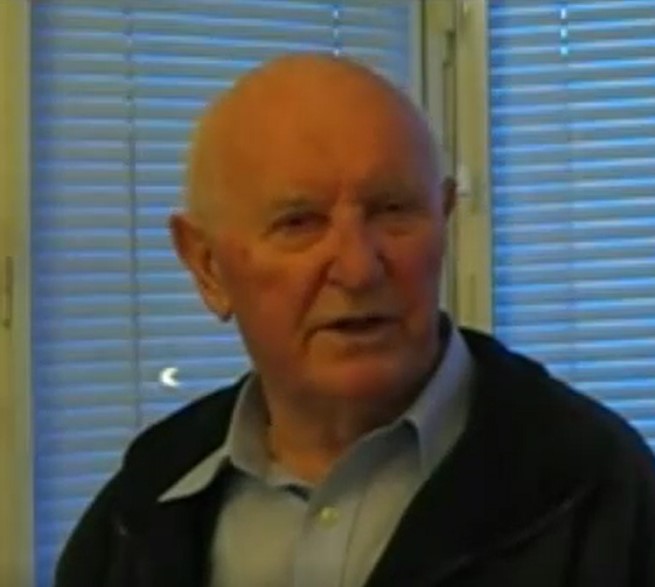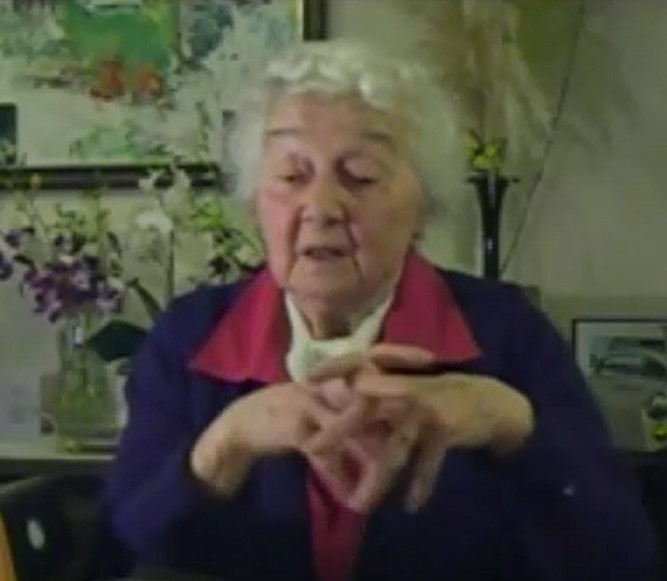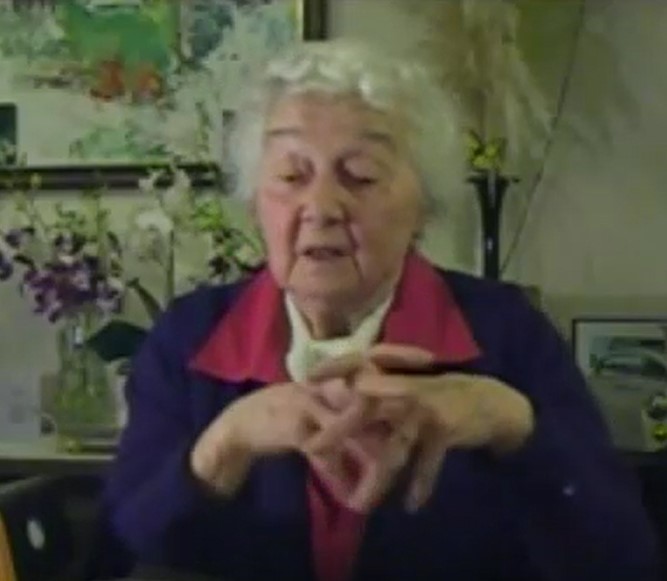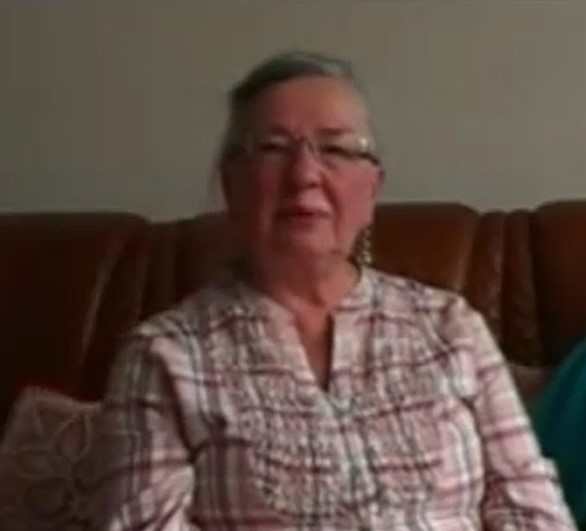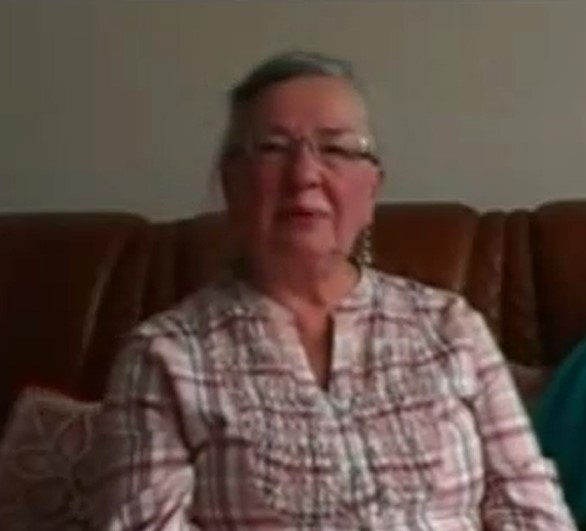Zofia (Dudek) Kogut - Caught a rooster and cooked it
During their time in Kazakhstan, they had to do whatever was possible in order to find food. Once, a rooster wandered into their hut, and they quickly killed it and …
Zofia (Dudek) Kogut - Mother lost in the woods overnight
While in Siberia, her mother once went looking for mushrooms in the woods with another lady, and they became lost. They did not find their way back until morning. Had …
Zofia (Dudek) Kogut - Bedbugs and work in Siberia
Describing the various measures they took to get rid of the bedbugs. Also describing the work in the forest, including the branches that the school children would gather and burn …
Jerzy Wiktor Bockenhein - Grandmother dies and 10 year old sister buried her
Describes how he, his mother and his grandmother were all in hospital with typhoid. He was lying in the bed with his mother, and she was in a worse state …
Jerzy Wiktor Bockenhein - Children would steal bread from the wagon
Describing how the children would sneak pieces of broken bread from the delivery wagon. (Note: Jerzy has had a stutter since the start of the war, when a bomb landed …
Jerzy Wiktor Bockenhein - Building a brick wall from snow
Explaining how the collective farm was 50 km from the Chinese border, with very harsh winters, and the Poles were forced to make bricks from the snow and build a …
Jerzy Wiktor Bockenhein - Christmas dinner in a can and ice in the house
Describing how his mother cooked some wheat in a can for their Christmas Eve dinner. Also describes how the hut they lived in would be buried in snow right to …
Władysław Niezgoda - Bike taken to Siberia exchanged for a goat
Describes how the bike that he managed to take to Siberia, because it had been packed in a box, was exchanged for a goat, which provided milk for his infant …
Ryszard Lange - Life in Ifunda
Describing how life developed in Ifunda, with schools and activities for the youth, including the fact that boys his age were constantly leaving to join the cadets, but his mother …
Aleksandra (Jarmulska) Rymaszewska - Saved from the firing squad
Describing how she would have been shot by the Soviets, for stealing a railway tie, if it had not been for some quick thinking on the part of a fellow …
